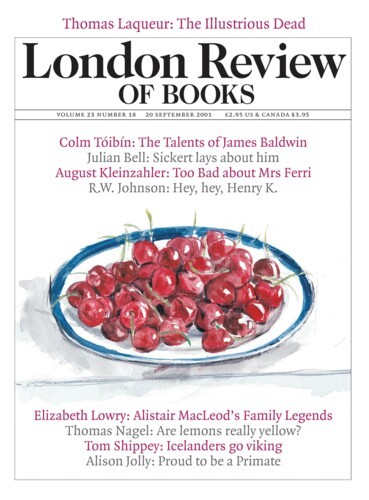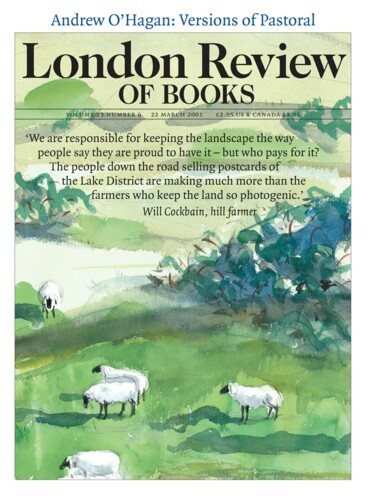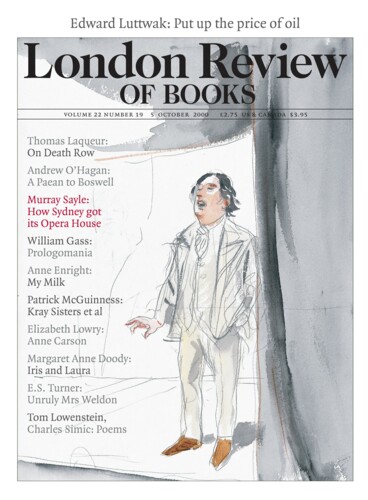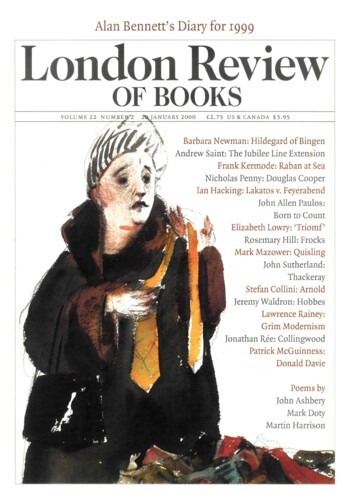Little Red Boy: Alistair MacLeod
Elizabeth Lowry, 20 September 2001
Alistair MacLeod is a Canadian of Scottish descent, and, like John McGahern who has written a foreword to his collected stories, an astute observer of a very specific local setting – Cape Breton, Nova Scotia; of its landscape and industry, its closed communities, quotidian tragedies and domestic disappointments. In addition, both McLeod’s voice and McGahern’s are recognisably...




